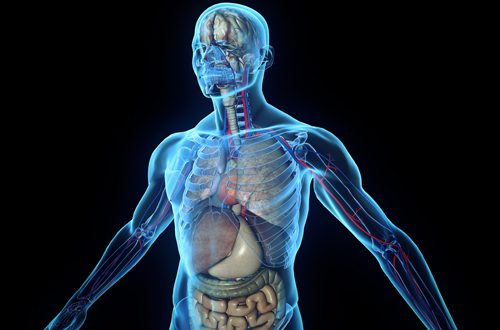 While alcohol is widely accepted as a major part of socializing, excessive or even moderate use can have negative effects on the body.
While alcohol is widely accepted as a major part of socializing, excessive or even moderate use can have negative effects on the body.
Most people are aware of the possible consequences that drinking can create in a person’s life. DWIs and DUIs, unwanted sexual encounters, car accidents, physical altercations, and alcoholism are just some of those ramifications.
Alcohol also affects several of the body’s major organs, including the liver, pancreas, kidneys, heart, and brain. In addition, excessive alcohol use often results in a weakened immune system, leaving a person’s body vulnerable to other illness and physical complications. According to the American Cancer Society, drinking too much alcohol can increase your risk of developing certain cancers, including cancers of the mouth, esophagus, throat, liver, and breast.
Specific effects on the above-mentioned at-risk organs are as follows:
- Liver: steatosis (fatty liver), cirrhosis, alcoholic hepatitis, and fibrosis. According to the American Liver Foundation, between 10 and 20 percent of heavy drinkers develop cirrhosis, and up to 35 percent of heavy drinkers develop alcoholic hepatitis.
- Pancreas: long-term alcohol use can cause inflammation of the pancreas, called pancreatitis. If left untreated, pancreatitis can cause malnutrition and lead to diabetes.
- Kidneys: alcohol can cause changes in the function of the kidneys and make them less able to filter your blood.
- Heart: cardiomyopathy (changes in heart muscle), arrhythmias (irregular beating), high blood-pressure, and stroke.
- Brain: short-term effects include difficulty walking, blurred vision, slurred speech, slowed reaction times, and impaired memory; long-term effects include brain damage and serious brain diseases such as Wernicke–Korsakoff (WKS), with symptoms that include confusion, paralysis of eye nerves, impaired muscle coordination, and persistent problems with memory and learning ability.
If you or someone you know are experiencing alcohol-related issues or are concerned about drinking habits, please reach out and speak with someone. There are numerous resources available to help you decide if treatment might be a good option.
References:
Alcohol and Your Kidneys. (n.d.). Retrieved December, 2016.
Alcohol-Related Liver Disease. (n.d.). Retrieved December, 2016.
Alcohol Use and Cancer. (n.d.). Retrieved December, 2016.
Alcohol-use disorders: Diagnosis and management of physical complications. (n.d.). Retrieved December, 2016.
Pietrangelo, A. (2014, June 30). How Alcohol Affects the Body. Retrieved December, 2016.



